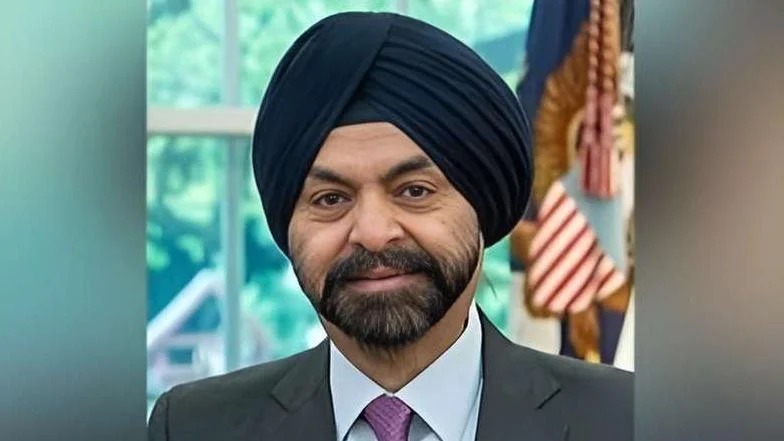About 500 participants, including over 80 Africa Higher Education Centers of Excellence (ACEs), policymakers, education leaders, industry experts, and development partners, have assembled in Accra, Ghana. The event, spanning April 7 to 9, marks the tenth anniversary of the ACE program. This milestone acknowledges a decade of efforts to strengthen Africa’s higher education landscape, enhance regional integration, and drive economic and social development through improved industry linkages.
His Excellency John Mahama Dramani, the President of the Republic of Ghana, presided over the opening ceremony. He remarked, “The ACE Program has emerged as a model of distinction, fostering innovation, nurturing world-class expertise, and strengthening institutional capacities in critical sectors.” He emphasized unity in efforts as key to unlocking talent and building a resilient workforce for sustainable development.
Since its inception, the ACE Program has trained a new generation of highly-skilled Africans and transformed scientific research on the continent. Over 80 ACEs have been established in more than 50 universities across 20 countries, enrolling over 90,000 students, including 7,650 Ph.D. candidates and 30,200 master’s degree students, of whom 32% are women. The program's achievements include raising academic standards with advanced facilities and meeting global benchmarks of excellence with numerous internationally and nationally accredited programs. The ACEs have produced over 10,350 internationally peer-reviewed publications addressing Africa’s and global challenges.
President Mahama expressed optimism for the program's future, stating that the "demand for research-led solutions, skilled professionals, and regionally relevant innovations continues to grow across the continent." He stressed aligning academic work with development goals to maintain their vibrancy and impact.
Ousmane Diagana, World Bank’s Vice-President for Western and Central Africa, underscored the program's role in fostering a "knowledge-driven economy" and called for continued investment to empower Africa’s innovators. He stated, “The ACE Program has laid the foundation for a knowledge-driven economy, and we must double our efforts to continue the transformation they have started.”
Initiated in 2014 as the first significant World Bank-funded initiative in Africa's higher education sector, the program has attracted $657 million in financing, alongside $72 million from the French Development Agency, AFD. It involves collaboration with partners like the Association of African Universities (AAU) and the Inter-University Council for East Africa (IUCEA).
Professor Olusola Oyewole, AAU Secretary General, credited the ACE program with significantly transforming African higher education, noting it has established a model for regional collaboration and research excellence. Professor Gaspard Banyankimbona, Executive Secretary of the IUCEA, called attention to the program's role in fostering innovation and university-industry links, emphasizing the importance of strategic partnerships.
The three-day event is jointly organized by the Ghanaian government, the AAU, the IUCEA, and the World Bank.

